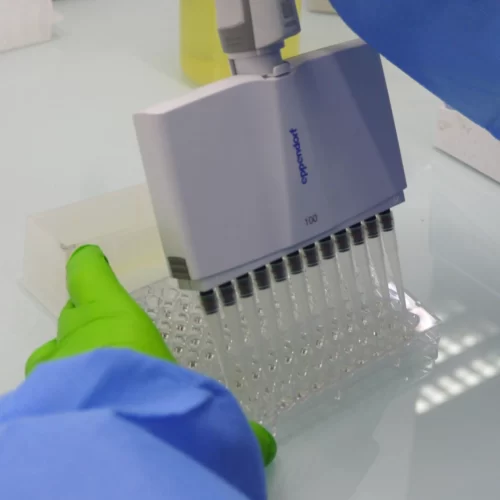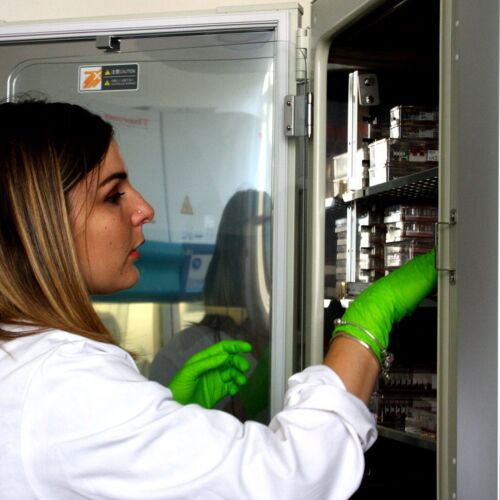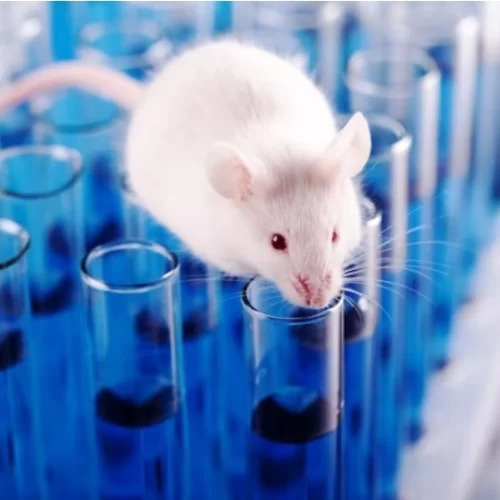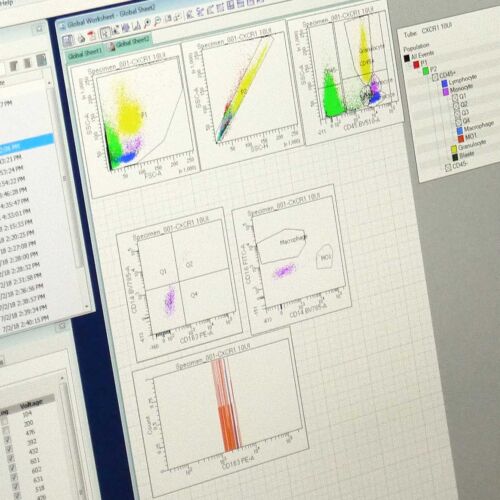Thanks to our ex vivo preclinical services, we provide comprehensive information on the biology of human cancer cells and immune cells and their interactions with therapeutic candidates. Whether you are studying immune responses or exploring novel treatment strategies, we can tailor our services to your specific needs, to offer flexible and robust assays to support your research objectives.
- Fresh sample analysis and Flow cytometry
We offer multiple services using fresh samples, including blood products (e.g., blood bags) and by-products (such as buffy coat) provided thanks to our partnership with EFS (Etablissement Français du Sang). These samples are processed to isolate the cell populations of interest (T-cells, NK cells, macrophages…), which can then be characterized using Flow cytometry.
Our flow cytometers allow us to perform qualitative and quantitative analyses of immune cell subpopulations, enabling in-depth study of immune responses to your therapy or of the expression of target molecules on specific immune populations.
We can also integrate your antibody into our existing Flow cytometry panels for the analysis of immune populations. This makes it possible to characterize the expression patterns of immune cells and determine which particular immune cells express your target molecule.
Ex vivo immunology services
We provide a wide range of ex vivo immunology services, allowing our clients to evaluate different immune cell behaviors and interactions. Using purified populations of immune cells (either human or murine), we can conduct several specialized assays to help you evaluate immunological responses and therapeutic efficacy :
-
T cell-based assays:
Our services include various assays for evaluating T cell activation, proliferation, and cytotoxicity. We can assess the functional responses of CD8+ T cells, CD4+ T cells, and other T cell subpopulations, providing insights into how your therapeutic compounds modulate immune activation and T cell responses.
-
Myeloid cell-based assays:
These assays allow us to examine myeloid cell populations, including monocytes, macrophages, and dendritic cells. By analyzing their phagocytic activity, cytokine production, and ability to present antigens, we can help you evaluate how your treatments modulate the innate immune response and influence tumor immune environment.
-
ADCC (Antibody-Dependent Cell Cytotoxicity) assays:
We offer ADCC assays using fresh NK cells to assess the cytotoxic potential of antibodies or biologics in activating natural killer (NK) cells to target and kill tumor cells. These assays are particularly valuable for evaluating the efficacy of therapeutic antibodies in immunotherapy strategies.
-
ADCP (Antibody-Dependent Cell Phagocytosis) assays:
Our ADCP assays use fresh myeloid cells, such as macrophages, to evaluate the ability of antibodies to induce phagocytosis of target cells. This is particularly relevant for understanding the role of macrophages in mediating the effects of immunotherapies that rely on antibody binding to tumor cells for their clearance.
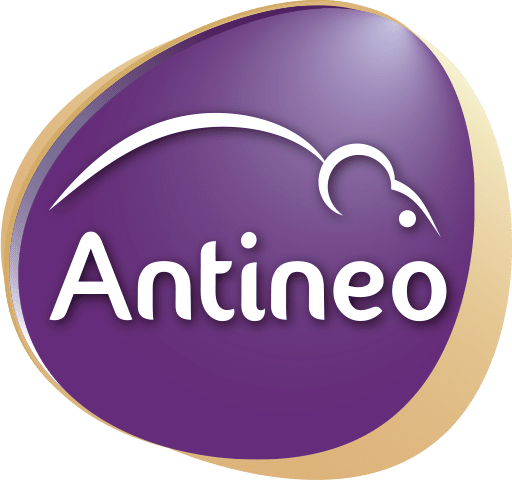
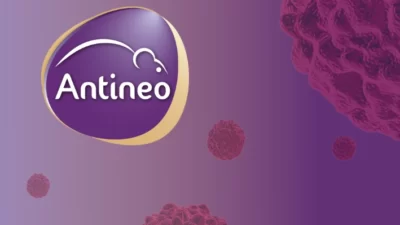 Antineo
Antineo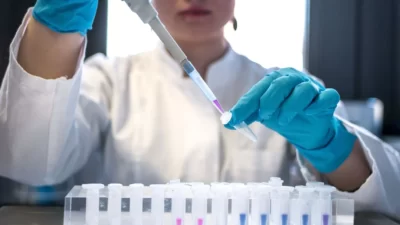 Preclinical services
Preclinical services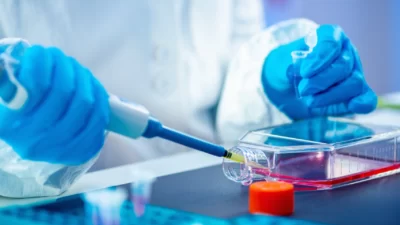 Tumour models
Tumour models Our Strengths
Our Strengths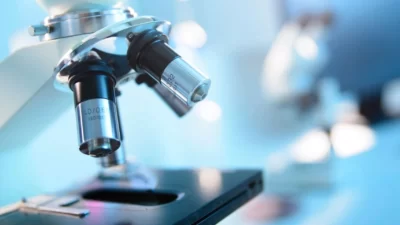 News & Events
News & Events